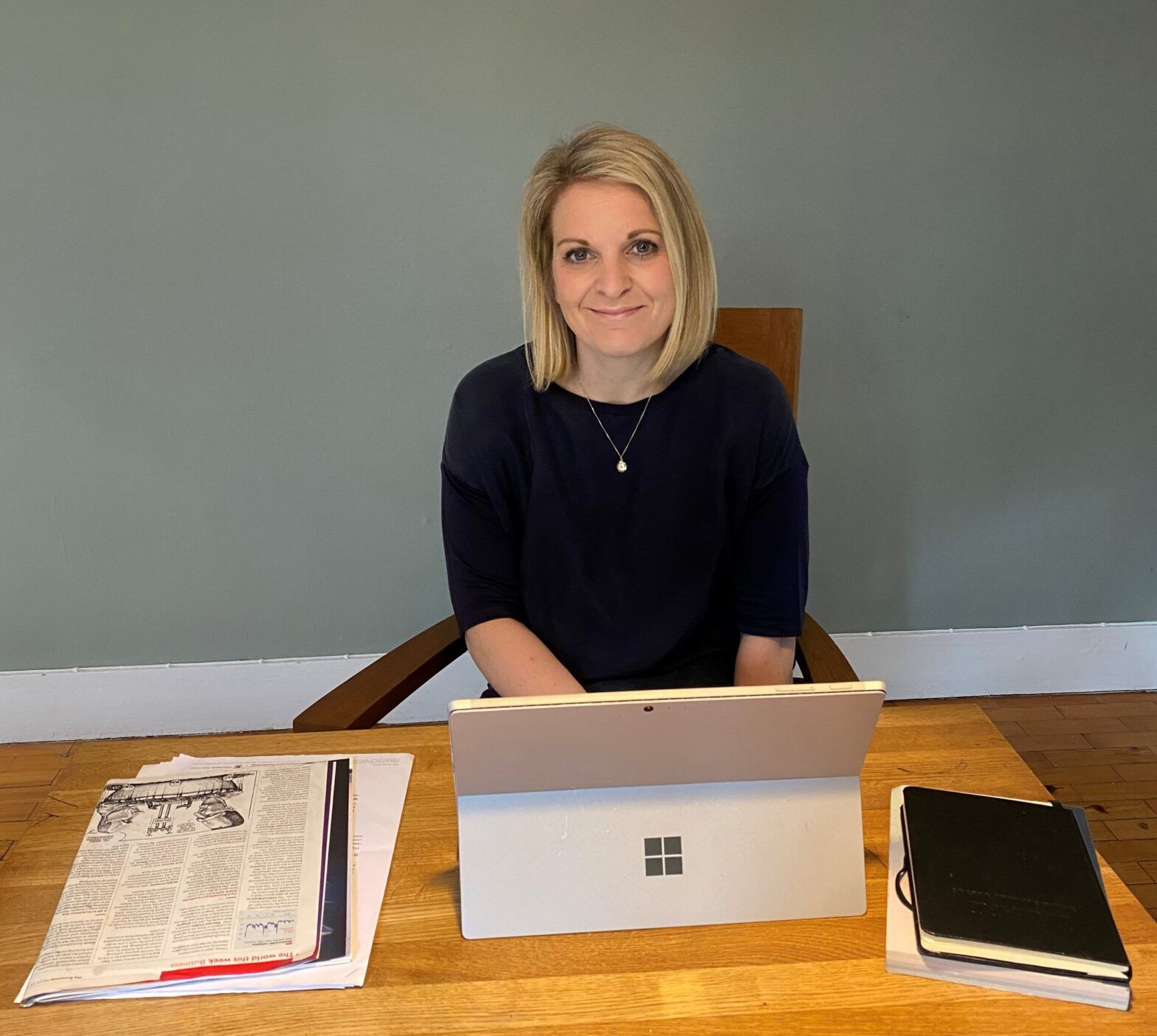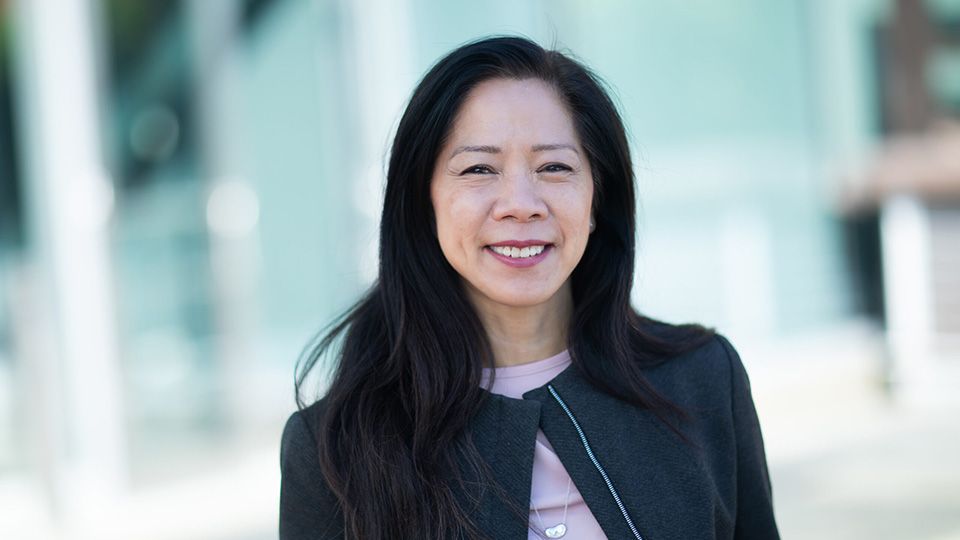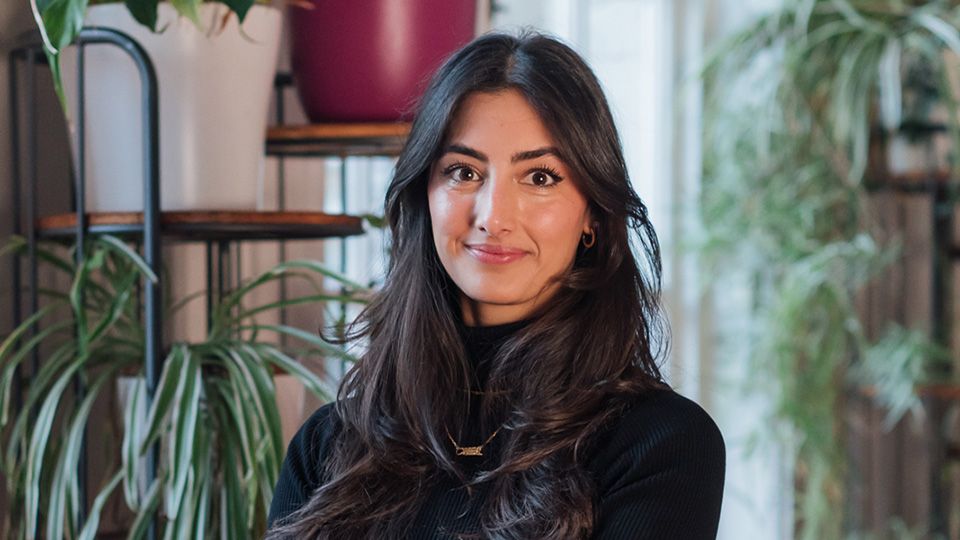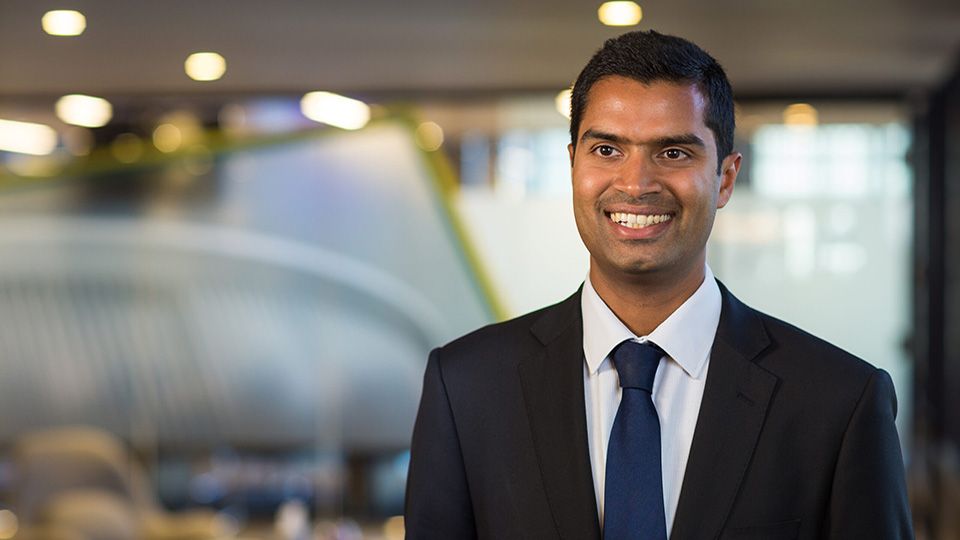In this regular series, female members of the ESG investment industry detail how they are dealing with the transition to remote working during the coronavirus fallout
Following on from our sister title Portfolio Adviser which has been running the Working from Home series with investment experts from the wider industry, we are running these articles twice a week with women in ESG. This week we speak to Lazard’s co-head of sustainable investment and ESG Jennifer Anderson.
How has the coronavirus affected your day-to-day work – from both a portfolio and workplace perspective?
From a workplace perspective, the major difference is obviously the vast majority of my colleagues at Lazard, across the firm globally, are working from home. The ability of individuals to connect and exchange ideas is obviously fundamental to portfolio management, and so the industry historically has been conservative about offering widespread flexible working. So it has been fascinating to see how effectively we have managed to remain connected with one another through our daily scheduled WebEx meetings and digital communication tools such as Symphony. It seems that technology has in fact facilitated a reasonably seamless transition to all-inclusive remote working.
In terms of more lasting impacts, I am hopeful that this experience has made working from home something that will be acceptable across our industry. I think clients can benefit when an asset manager’s employees have more choice about where they work, and the way that employers handle this post covid-19 will be critical to their ability to attract and retain talent.
How do you think attitudes to ESG initiatives will be affected as we move through the crisis?
There have been questions as to whether covid-19 will reverse the acceleration of ESG and sustainable investing. In my view it is likely to have the opposite effect for two reasons:
- The first is the importance of a multi-stakeholder approach for corporate success post covid-19: Amidst this dramatic test to their businesses, companies are being forced to reassess their responsibilities to employees, customers and shareholders alike. Governments have taken unprecedented steps to protect their populations by slowing the transmission of the virus and to protect their economies from the financial consequences. In many countries, governments are subsidising the wages of private sector employees, issuing grants to business or offering loss provisions on loans, and as a result government expectations about corporate behaviour have been materially raised. The current pandemic will force companies to enhance their societal licence to operate through the actions they take in response to this health crisis. The relationships between companies and their stakeholders beyond shareholders — including consumers, employees, suppliers, governments, and the environment — have never been more complex or more critical to understand. Whether it be in response to a global pandemic or an environmental disaster, these relationships will continue to evolve over time as they are tested.
- The second is my belief that clients will increase their focus on sustainable investing as the pandemic has laid bare the inter-connectedness between the environmental systems and society. The increased public and shareholder awareness of environmental sustainability has been increasing in recent years and the public has demanded an improvement in the trade-off between financial objectives on the one hand, and environmental outcomes on the other. Our clients are coming under pressure to justify what they own in their portfolios, particularly in a severe market downturn and increased volatility. That means we must ensure we examine and understand their interdependences and resulting impacts on our portfolios. Ultimately, I expect clients will demand evidence from their asset managers of the real world social and environmental outcomes from their investment decisions.
What feedback have you had from clients since the coronavirus sell-off?
We have managed to transition successfully to a working from home environment, whilst also increasing our flow of content and information to our clients whilst we work in such an environment. Since working from home we have received positive feedback from clients by supporting them with:
- Regular live product update calls/WebEx, subsequently moving to monthly with recordings available for playback
- White papers on our website showcasing investment implications of covid-19
- Covid-19 Resource Centre also on our website
Share some good news you have heard recently about the holdings/sectors/themes you invest in?
We know that there has been significant interest in ESG investing in the last year. The thing I have been encouraged to see from Morningstar’s most recent report is that fund flows into ESG have held up during the market downturn AND there is some evidence pointing towards ESG performance benefits. For example, in the first quarter of 2020 ESG mutual funds raised $45bn and interestingly the proportion of inflows may be diversifying beyond Europe, with flows from the US and the rest of the world representing a higher proportion of the total than in previous quarters.
This suggests that ESG will continue to be more widely adopted and remain a key point of differentiation for asset managers. The ability to win market share will rest on our ability to both fully integrate sustainable investment and ESG across the fundamental investment process and how we respond to clients by providing more innovative solutions that meet an ever-increasing number of client-led objectives.
How do you find working remotely during volatile markets?
We have a very strong culture at Lazard and the office environment is set up to foster close working relationships, so I miss the dynamic of face-to-face meetings and more informal interactions with my colleagues. I do have a sense of feeling more isolated being at home every day. But as I have noted, the firm’s technology has kept us very connected. And speaking with colleagues in our offices around the world and exchanging stories of how we have managed during lock-down has been super interesting and helped to build a sense of solidarity.
What do you do for fun when you take a break from working at home?
Between work, home schooling and housework I don’t feel like I have had enough time for fun recently, but during the lock-down running has been my saviour. I am very fortunate to I live somewhere that means I can run straight from my house and quickly be in the countryside or our local park. Having fresh air and the feeling of wide open space helps to counteract the feelings of lock-down and certainly helps you to see things in perspective.
What is your favourite sustainable snack/hot drink when working from home?
I am most happy with a cup of breakfast tea.
If applicable, how is home schooling being managed in your household?
I have two children, Harry and Lucy, who are 8 and 5 respectively, and so home schooling is very much a part of our new daily schedule. Both my husband and I are still working so finding time during the week to get through all the materials that the school sends us is by no means easy. We try to make up what we miss during the week at the weekends, but we have decided to prioritise reading, writing and maths and not to beat ourselves up too much if we don’t get all the specialist art and craft projects done!
Do you have a ‘top green tip’ to share on working remotely?
I think of working remotely as green in itself – with no travel to and from the office every day.
My top tip on working from home more generally is to put in place a structure and try to follow a daily routine that includes some downtime. I certainly don’t feel like I have mastered that yet but given that we are probably going to be working remotely for longer than I had initially imagined it is something I am striving to get better at. In fact, my colleague Nikita and I (Nikita is the LAM co-head of sustainable investment & ESG based in New York) have committed to a daily exercise challenge to help ensure we both take a break from work to exercise every day.
To view the previous articles from the Working from Home with … series see below:
Advising CEOs, collaboration and peanut butter: WFH with Actis’ Shami Nissan
IT stars, sneakers and webinars: WFH with Janus Hendersons’s Ama Seery
Social conscience, fishing and Christmas risotto: WFH with Hawksmoor’s Rebecca Fournier D’Albe
Safe harbours, team yoga, and Animals of Farthing Wood: WFH with Tribe’s Amy Clarke
Active ownership, hip-hop pilates and natural light: WFH with Federated Hermes’ Kimberley Lewis
Cautious positioning and interactive lessons: WFH with Square Mile’s Diane Earnshaw
Climate debate, board games and weekly podcasts: WFH with Quilter Cheviot’s Claudia Quiroz
Deadlines, schoolwork and team drinks: Working from home with ESG Clarity’s Natalie Kenway









